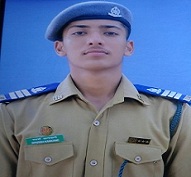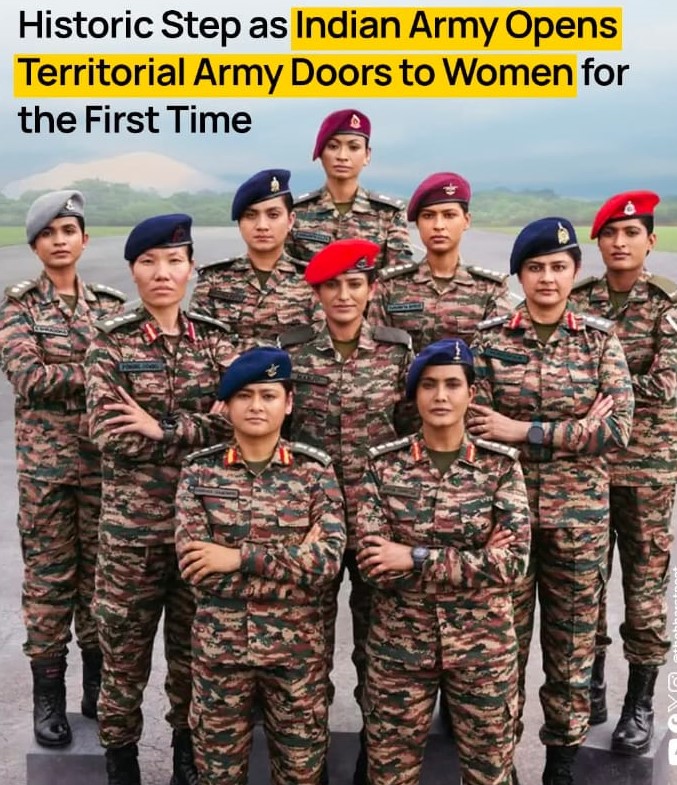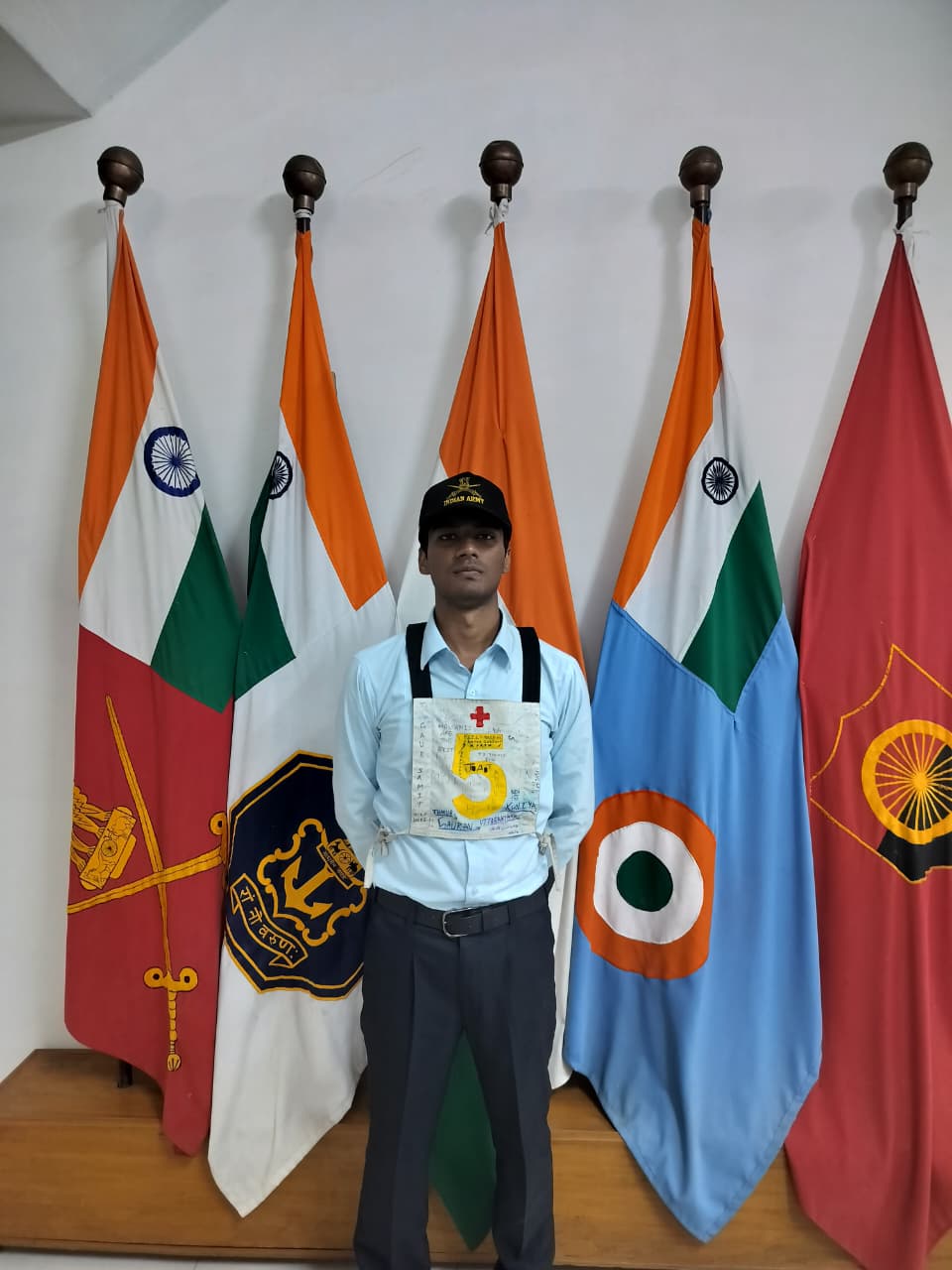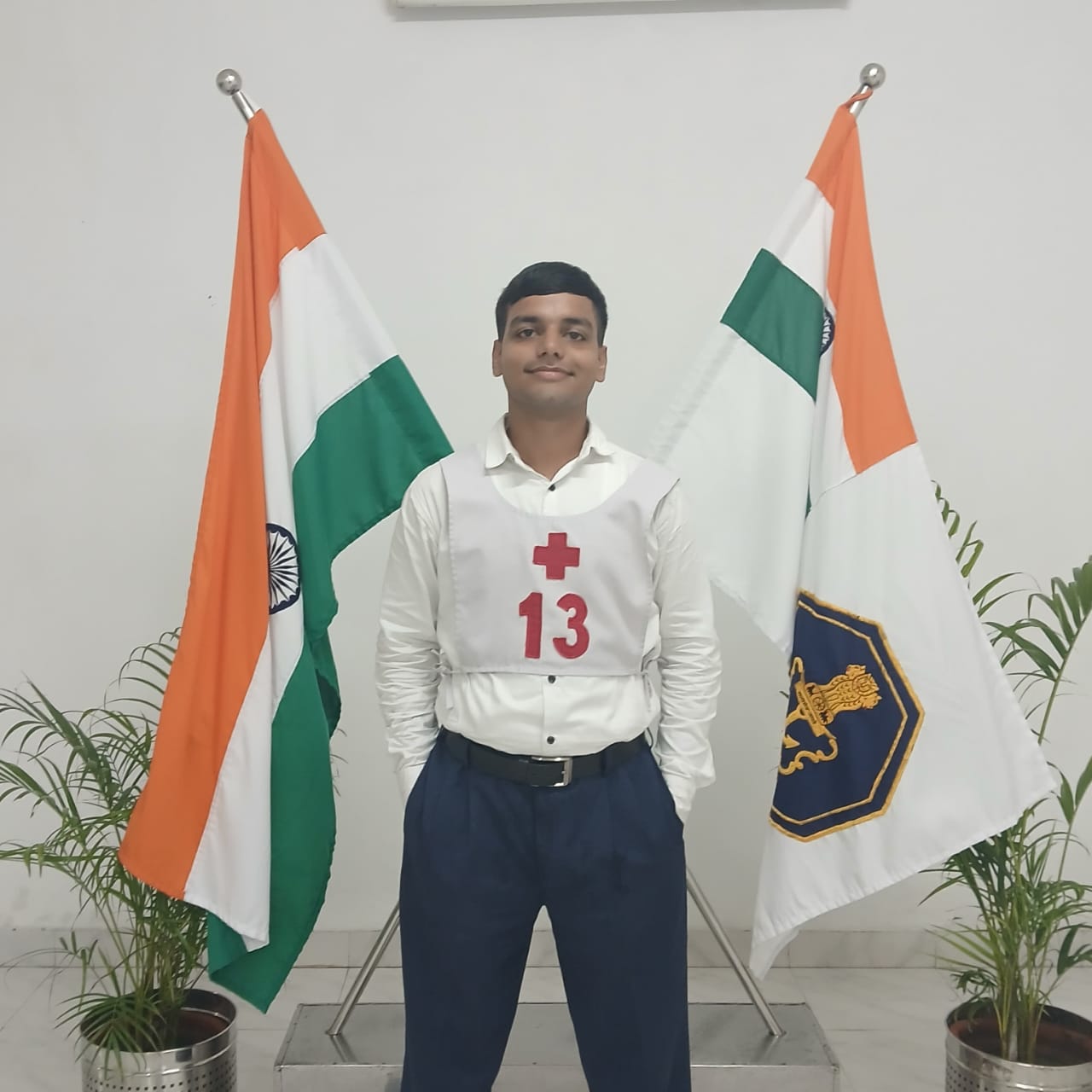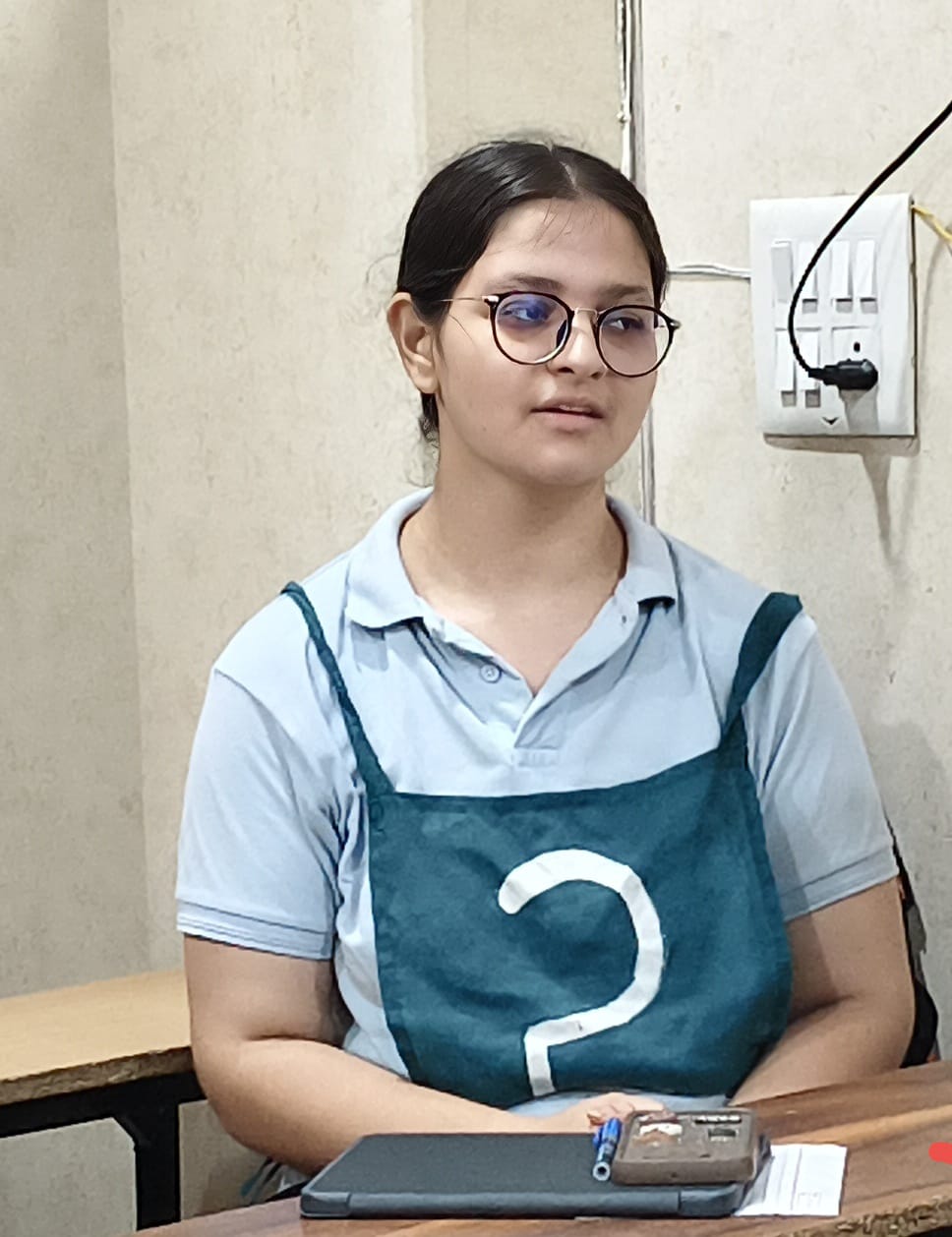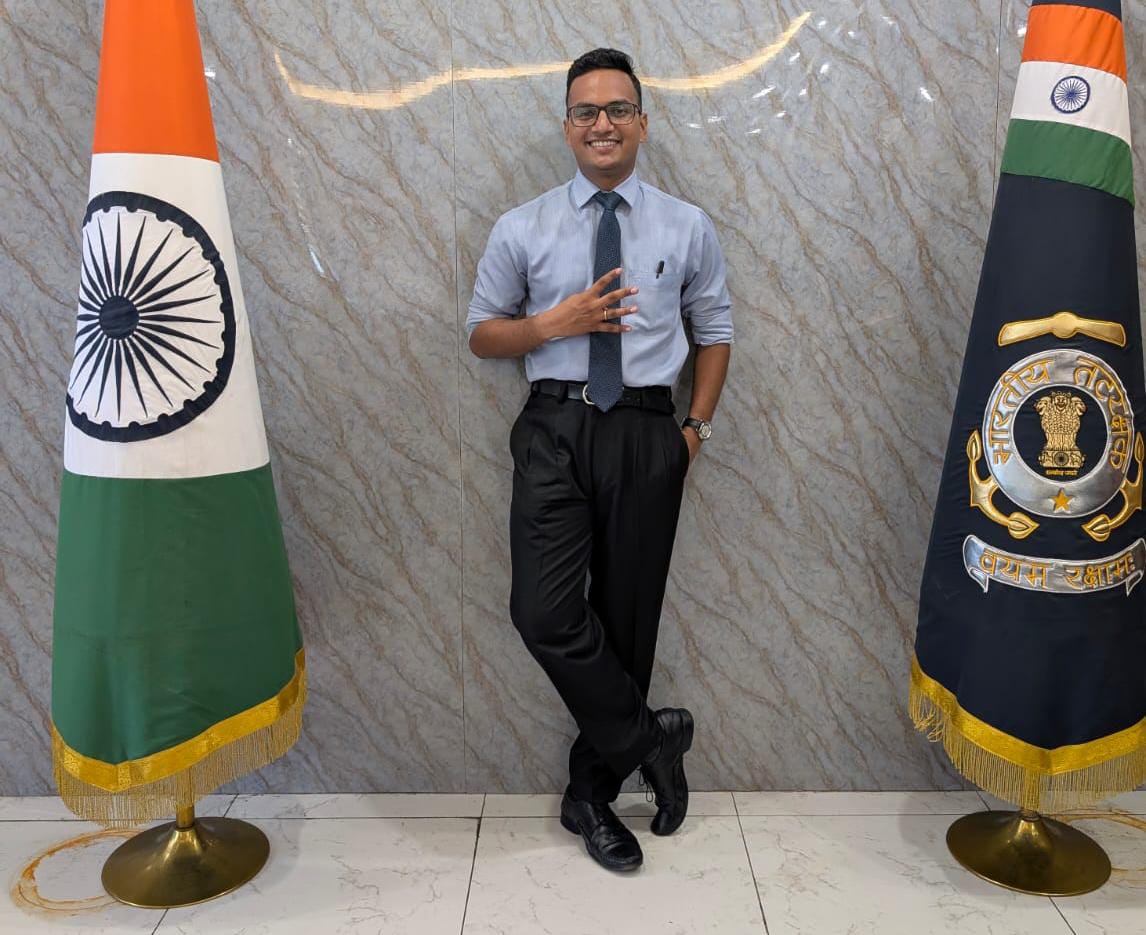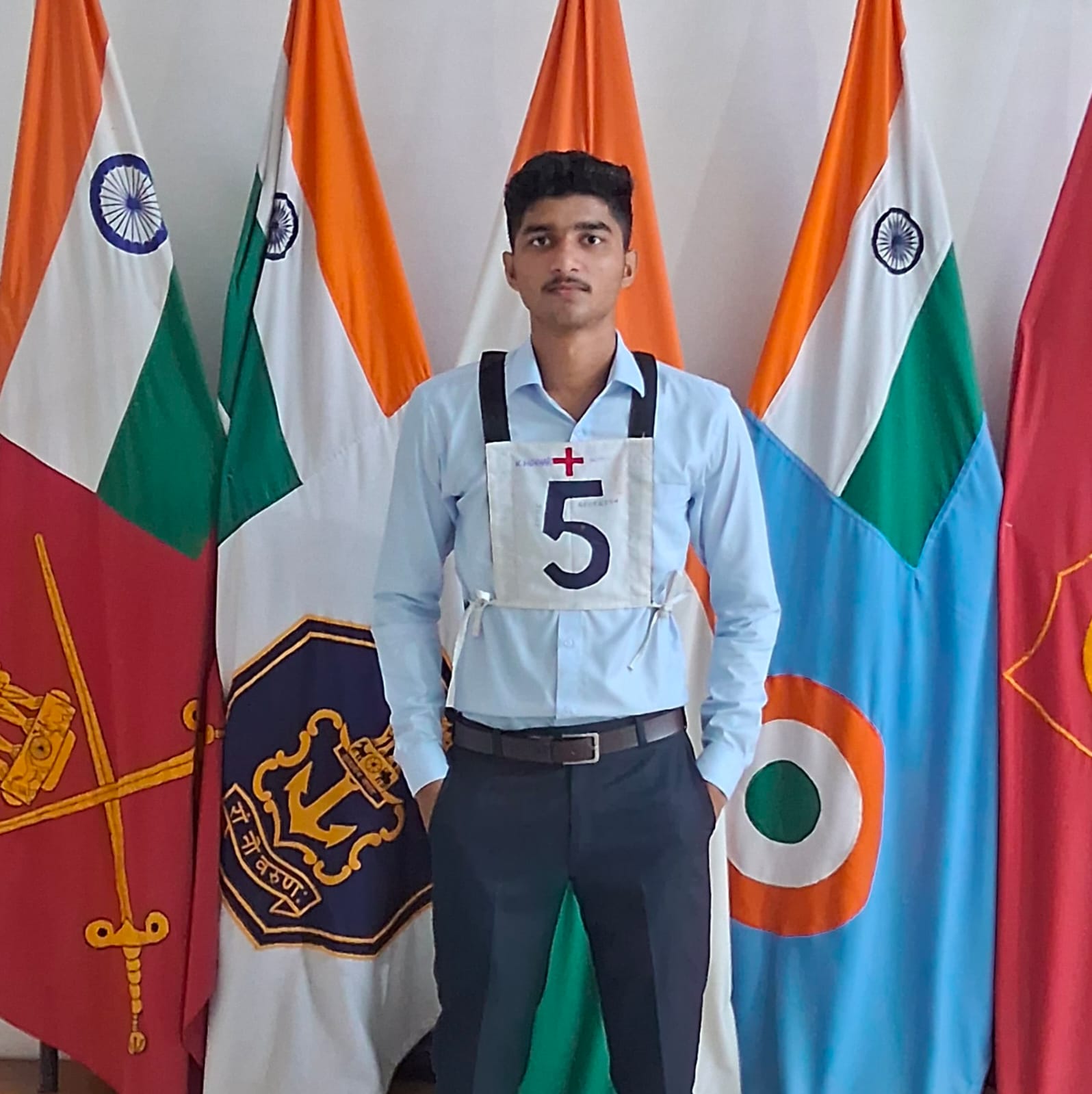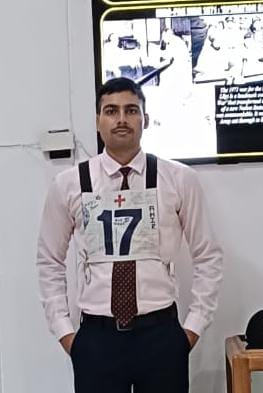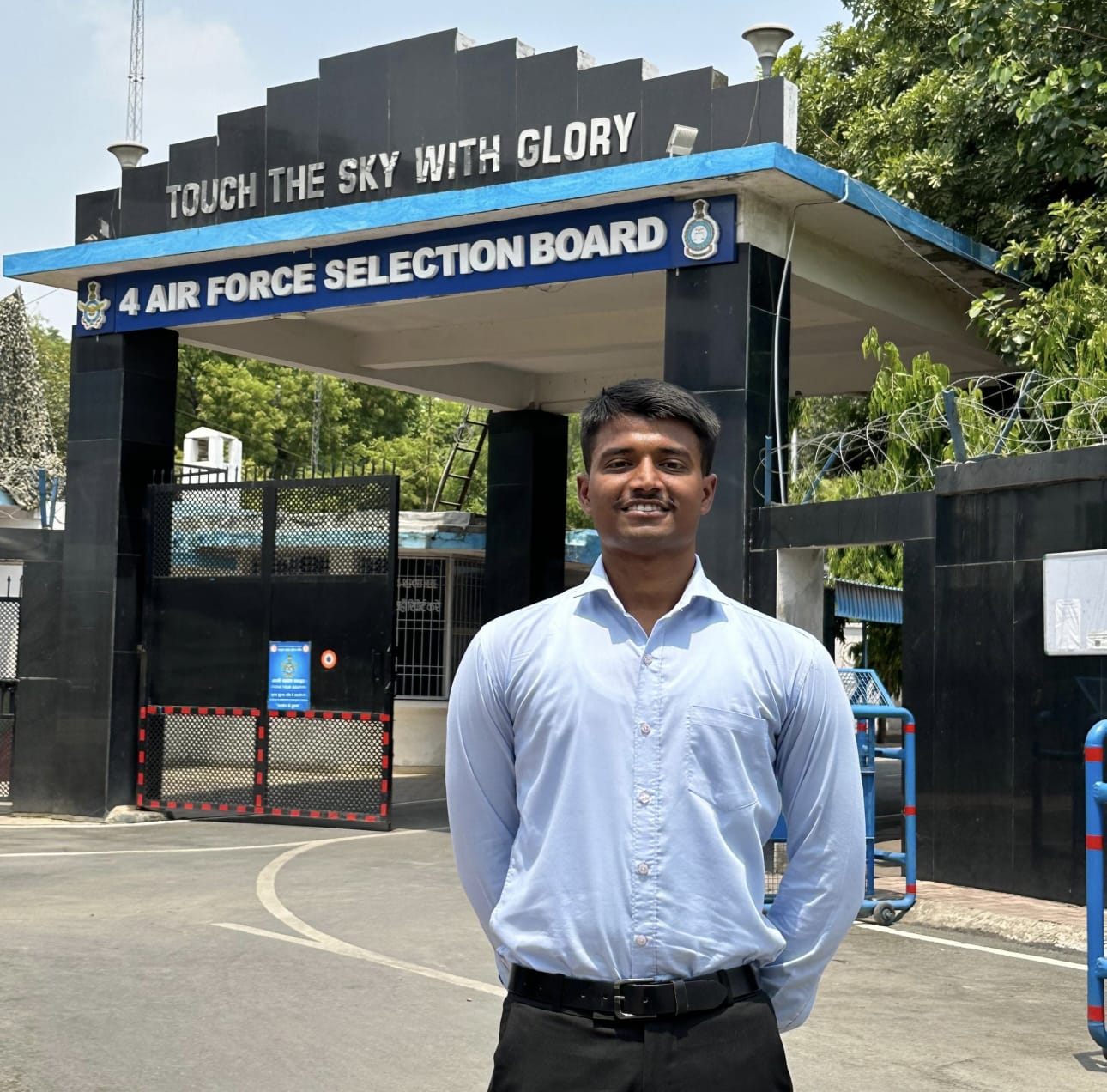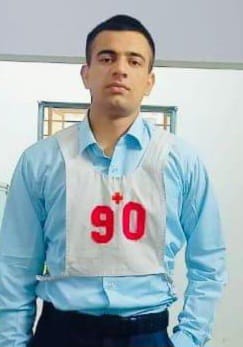A Defining Moment for the Indian Army
For the first time since its inception, the Territorial Army (TA)—India’s “citizen-soldier” force—has opened its doors to women. This move strengthens the Army’s commitment to diversity, merit, and equal opportunity, while also expanding the pool of skilled and motivated individuals who can contribute to national defence.
Women have already proven their grit in various branches of the Indian Armed Forces—including the Army, Navy, Air Force, and Coast Guard. Their inclusion in the TA takes this progress a step further by integrating them into a unique structure that blends civilian life with military service.
What the New Policy Allows
Under the revised policy framework:
- Women officers from the regular Army can now apply to serve in the Territorial Army.
- Women with prior military experience or specialised professional skills such as medicine, engineering, law, logistics, or administration are eligible to join.
- The induction process and duties will mirror existing standards while ensuring equal opportunities for training, mobilisation, and leadership roles.
This expansion reflects both an operational requirement and a recognition of the invaluable skills women bring from their military and civilian careers.
Understanding the Territorial Army: The Citizen-Soldier Model
The Territorial Army is a part-time voluntary defence force designed on the principle of balancing military service with civilian careers. Personnel train periodically and can be mobilised during emergencies related to national security, natural disasters, or operational support.
By integrating women into this model:
- The TA gains a broader, more diverse human resource base.
- Professional women from various sectors can contribute their expertise to defence readiness.
- The force aligns with global trends of greater civilian-military cooperation.
Why This Inclusion Matters
1. Enhances Operational Capability
Women officers and professionals bring commitment, discipline, and critical skills—strengthening the TA’s effectiveness across roles such as medical support, engineering operations, cyber defence, logistics, and administration.
2. Promotes Gender Equality in Defence
This decision reinforces the Army’s evolving stance on diversity. It sends a message that competence, not gender, defines a soldier's value. Such representation also inspires young women across India to pursue careers in uniform.
3. Expands the Talent Pool
Allowing women to serve part-time enables the Army to tap into a large pool of talented professionals who want to serve the nation without leaving their civilian careers behind.
4. Strengthens Community-Level Defence Readiness
The TA plays a vital role during local emergencies and national-level crises. Women’s participation enhances its relevance and reach across communities.
5. Sets a National and Global Example
Few nations follow the citizen-soldier model to this extent. By including women, India positions itself as a progressive nation in defence human-resource reforms.
Timeliness of the Change
This policy shift comes at a time when:
- The Indian Armed Forces are encouraging broader participation across combat and support roles.
- The role of women in the military worldwide is expanding, with many countries integrating women into reserve and territorial units.
- Hybrid security challenges—cyber threats, information warfare, and disaster response—require diverse skills, many of which women excel in.
Women’s induction into the TA supports modern defence goals by building a resilient, adaptable, and inclusive reserve force.
Potential Roles Women Can Serve in the TA
Women joining the Territorial Army may contribute in areas such as:
- Medical and healthcare services
- Engineering and infrastructure operations
- Logistics and supply chain
- Cybersecurity and communications
- Intelligence and administrative roles
- Field support and mobilisation during crises
Their experience from civilian professions can offer the Army deeper expertise in specialised areas.
Long-Term Impact on the Armed Forces
The inclusion of women in the TA will likely drive:
- Stronger leadership pipelines with wider representation.
- Improved civil-military cooperation, as professionals engage more directly with defence activities.
- Cultural transformation where gender-inclusive practices strengthen overall military ethos.
- Greater operational flexibility during peak requirements and emergencies.
This policy not only empowers women but also enhances India’s strategic preparedness.
Conclusion
The decision to allow women to join the Territorial Army marks a historic advancement for India’s defence ecosystem. It symbolises recognition of women’s strengths, professional capabilities, and unwavering commitment to national service.
By embracing inclusivity and modern military values, the Indian Army has taken a decisive step towards shaping a future force that is skilled, diverse, resilient, and representative of the nation it protects.
This change stands as a powerful example for future generations—showing that patriotism, discipline, and leadership know no gender.


